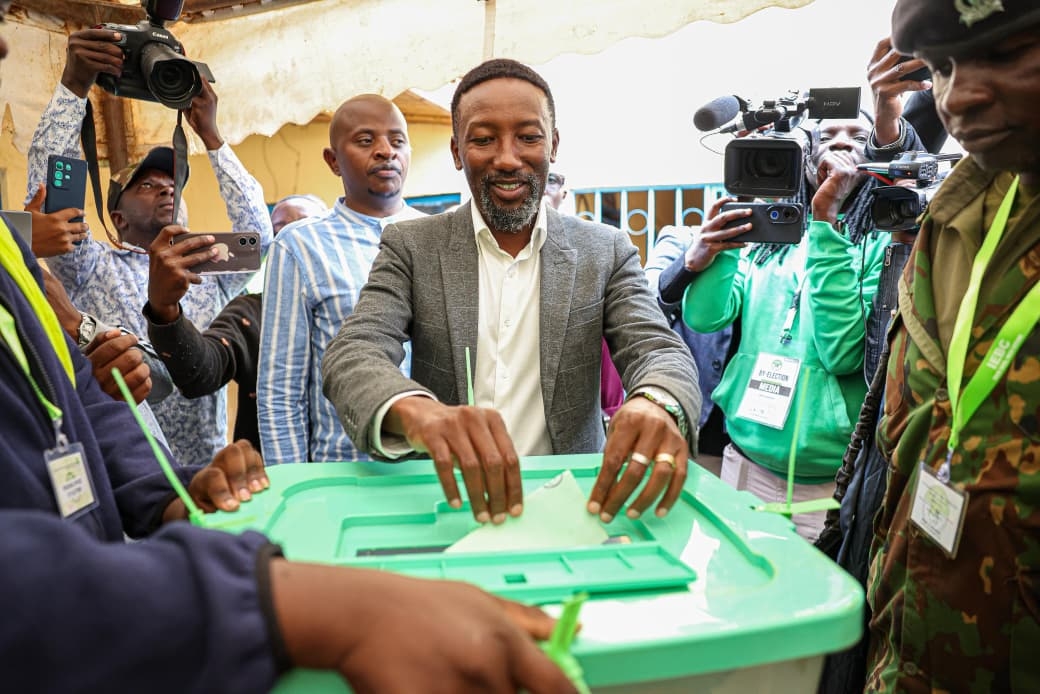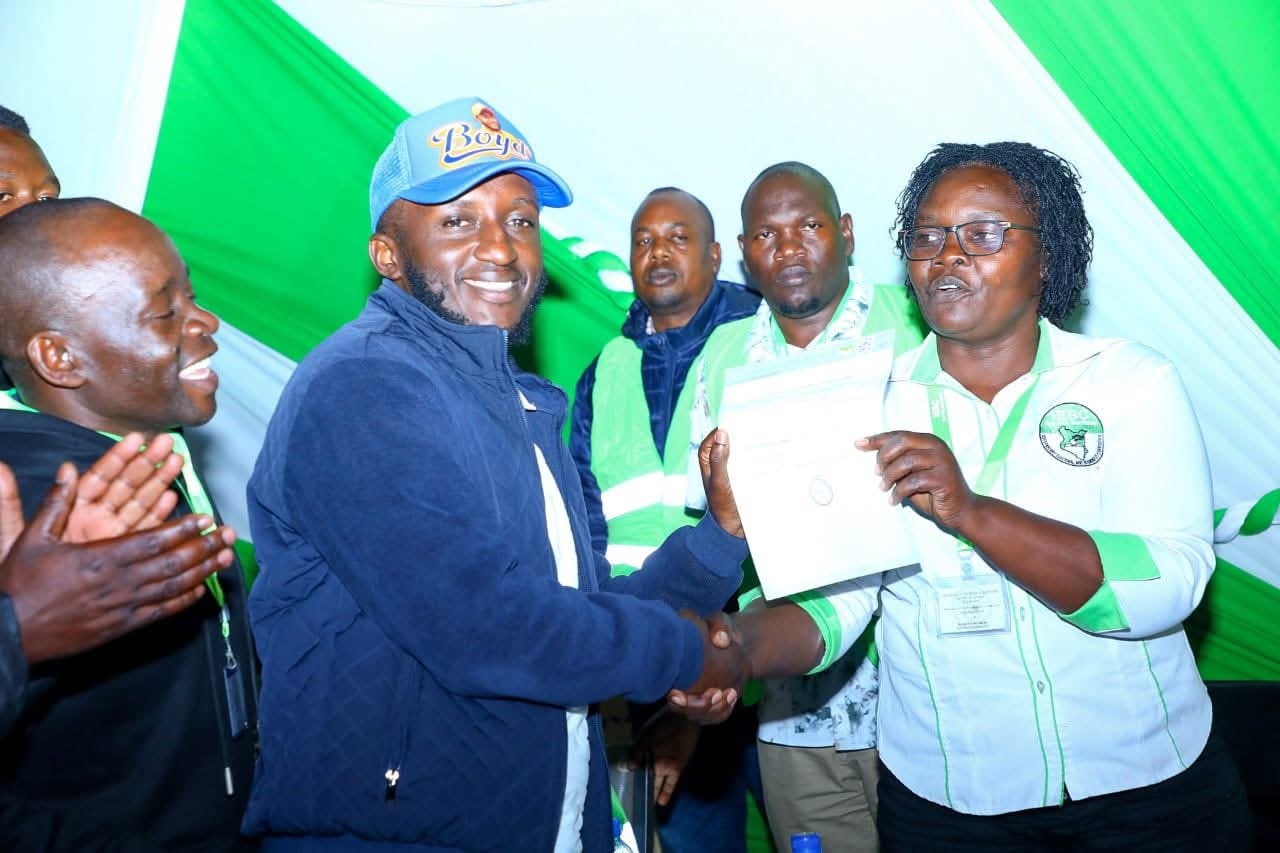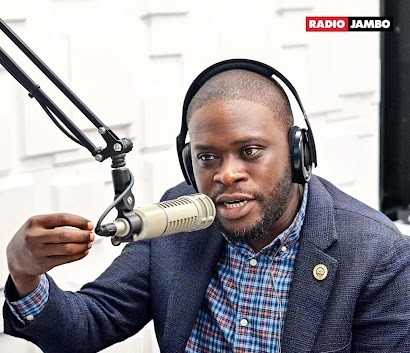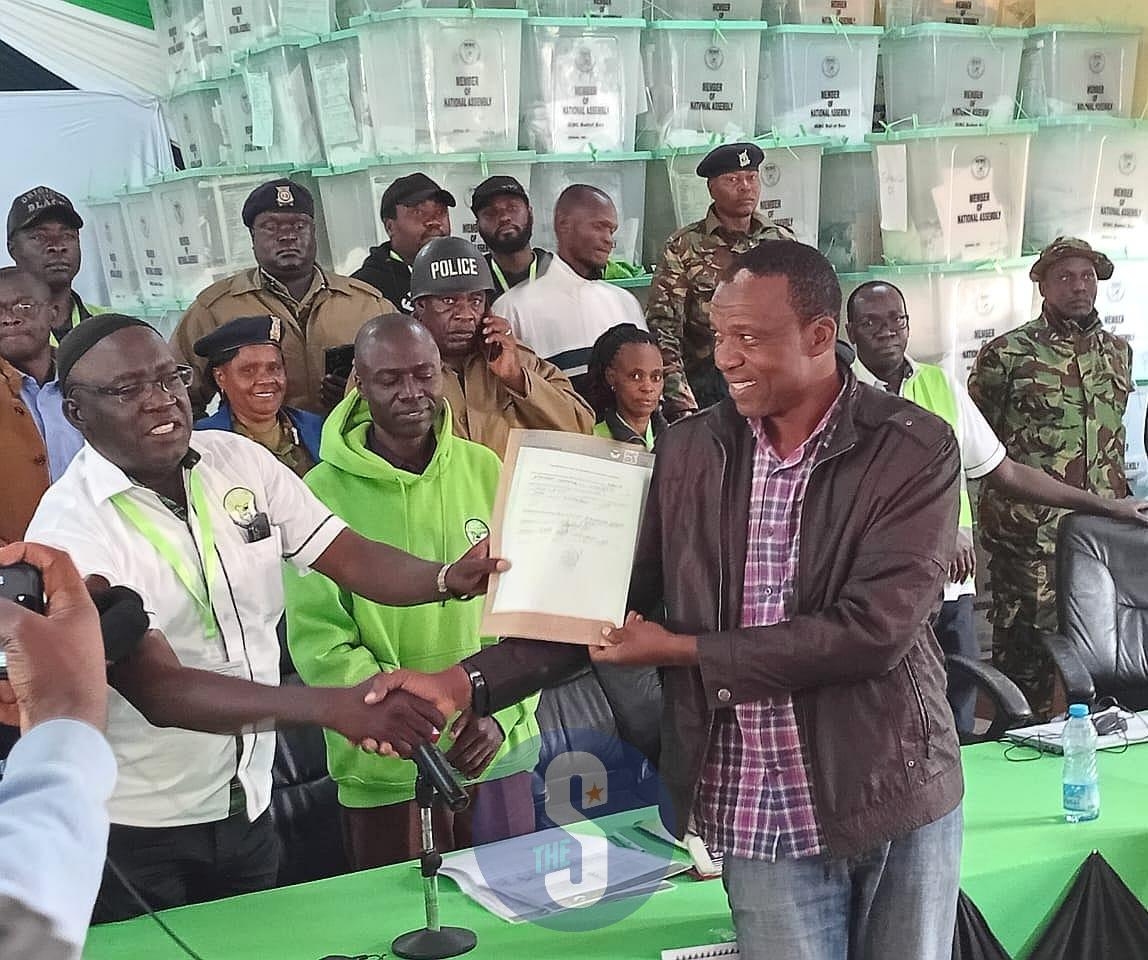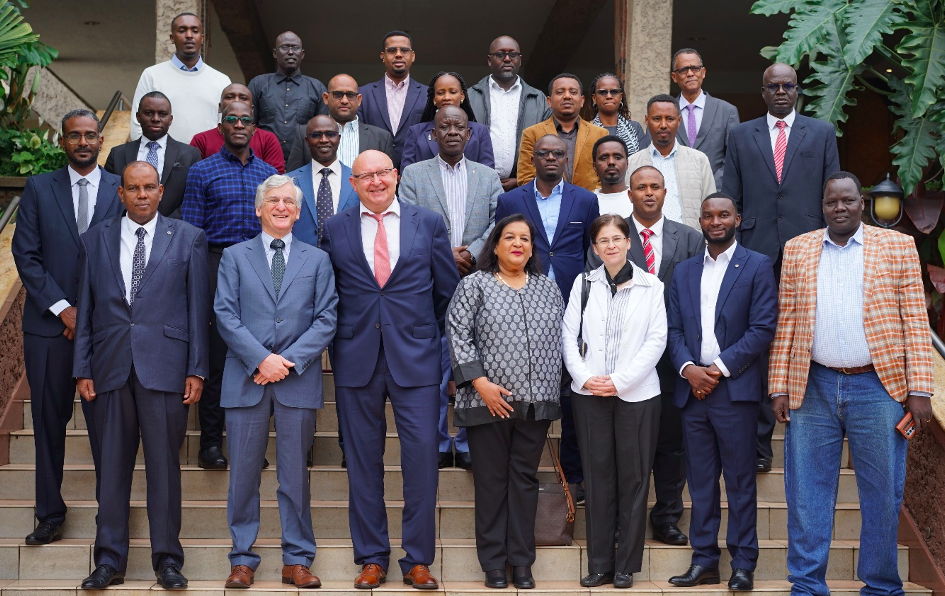
The
International Narcotics Control Board (INCB) learning programme concluded a
four-day technical seminar and one-day workshop that focused on building capacity
and raising awareness to improve the availability of controlled substances for
medical and scientific purposes.
The capacity-building activities, which happened in Nairobi from January 27 to 31, 2025,
form part of INCB's ongoing efforts to support Member States in ensuring that
essential medicines are available while preventing their diversion and misuse.
The activity
brought together a diverse group of stakeholders, including officials from the
competent national authorities of 10 African countries: Burundi, Djibouti,
Eritrea, Ethiopia, Kenya, Somalia, South Sudan, Sudan, Uganda, and the United
Republic of Tanzania.
Participants
also included representatives from palliative care associations, experts in
drug control and public health, and members of the international community.
Others who
participated in the event included the United Nations Office on Drugs and Crime
(UNODC), the African Union Commission, the International Association for
Hospice and Palliative Care and other partners.
The event took
place with financial contributions from the Russian Federation.
During the
opening session, INCB President Jallal Toufiq welcomed government officials
and emphasized the importance of strengthening capacity in the region to
enhance the implementation of and adherence to the international drug control
framework.
"Through this seminar, we aim to strengthen the capacity of competent national authorities and raise awareness among governments regarding the necessity of ensuring adequate availability of internationally controlled substances for medical and scientific purposes," Prof Toufiq stated.
"We hope that as a result of this seminar, we
will observe a high level of engagement between the Board and your Institutions."
UNODC Regional
Representative, Regional Office for East Africa Ashita Mittal also addressed
the opening of the meeting.
She highlighted
the collaboration between UNODC and INCB as a cornerstone in the global efforts
to uphold the international drug control conventions and ensure that their
health and welfare objectives are met in line with the Sustainable Development
Goals.
Deputy Permanent
Representative of the Russian Federation to the International Organizations in
Nairobi Oleg Kravchenko noted that Russia is maintaining a high level of
relations with African countries, and actively contributes to building the
human resources capacity of the anti-drug services of African States, providing
financial support for the implementation of the INCB-training project through a
voluntary Russian contribution to the Fund of the United Nations Office on
Drugs and Crime.
The seminar for
twenty-four drug control officials was focused on improving the accuracy of
estimates and assessments of licit requirements submitted to INCB for,
respectively, narcotic drugs and psychotropic substances.
Throughout the
capacity-building activities, participants discussed various topics including
regulatory frameworks, barriers to access to controlled substances, and the
importance of national and international cooperation in ensuring the
availability of internationally controlled substances.
It was
emphasized that accurate and timely reporting to the board ensures the
effectiveness of the international drug control system and contributes to
improved availability of controlled substances for medical, scientific and
industrial purposes.
On January 31,
representatives of UNODC, WHO, the African Union Commission, and the International
Association for Hospice and Palliative Care, along with other key partners of
the programme, made presentations on the availability of controlled substances for
medical and scientific purposes.
In their
presentations, experts highlighted that to achieve Sustainable
Development Goal 3 on good health and well-being, it is essential to
ensure the adequate availability of controlled substances while preventing
diversion into illicit channels and misuse.
The seminar
concluded with participants reflecting on the key takeaways and expressing
interest in applying the knowledge gained in their respective countries.
INCB Learning is
committed to continuing to support Member States in fulfilling their
responsibilities under the international drug control conventions.
It recognizes
the vital importance of international collaboration and is dedicated to
facilitating dialogue and cooperation in addressing the challenges of ensuring
the availability of controlled substances.
The board appreciated
the contributions and support received since the establishment of INCB Learning.
It also invited
governments to consider actively supporting the programme by participating in
its activities and providing the resources required to ensure the programme's
continuation and expansion.



